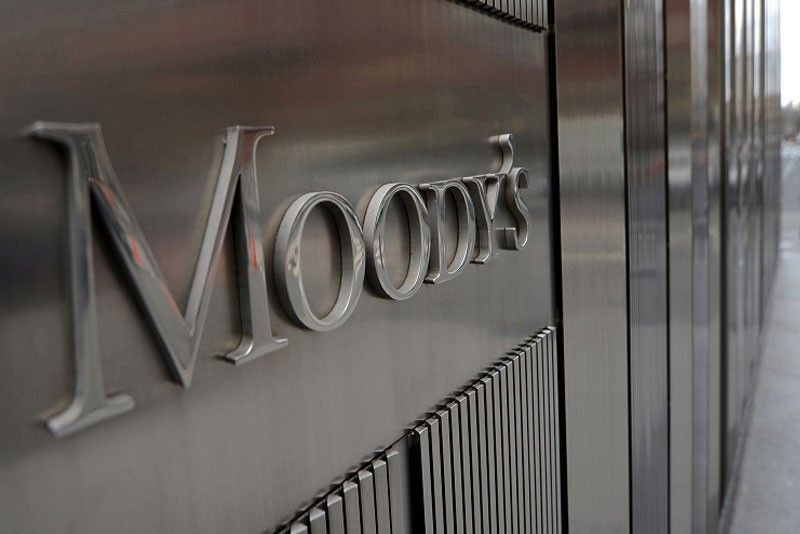Philippine economy in no risk of overheating – Moody’s
MANILA, Philippines — In an in-depth report, the debt watcher said the upward pressures on inflation due to the impact of the new tax reform law are transitory in nature and is expected to ease next year.
“We believe that overheating risks in the Philippines are not yet material. Our view is based on expectations that current inflationary pressures are in part due to transitory factors, infrastructure investment and favorable demographics will lift potential growth to meet rapid demand growth and the external position will remain roughly balanced,” Moody’s said.
President Duterte signed Republic Act 10963 or the Tax Reform for Acceleration and Inclusion (TRAIN) last Dec. 19 slashing personal income tax rates, but raising excise taxes on fuel products, motor vehicles and sweetened beverages.
The first package of the comprehensive tax reform program was implemented at the start of 2018 and is expected to yield P90 billion to partially fund the ambitious Build Build Build program where the Duterte administration committed to spend P8.4 trillion for infrastructure projects until 2022.
As a result, inflation kicked up to 3.9 percent in February from 3.4 percent in January, bringing the average to 3.7 percent in the first two months of the year, still well within the two to four percent target set by the Bangko Sentral ng Pilipinas (BSP).
The Philippine Statistics Authority (PSA) has launched a new series for its inflation report using the 2012 prices instead of the previous 2006 base year.
“However, we do not see a significant and prolonged rise in inflation beyond the central bank’s current estimates as we expect the impact from tax measures to be transitory and only muted pressures from real wage growth and commodity prices, given our current outlook, especially for oil,” Moody’s said.
Based on its latest assessment last March 22, the BSP’s Monetary Board raised its inflation forecast to 3.9 percent instead of 3.8 percent this year before easing to three percent instead of 3.1 percent for 2019.
For March, the BSP sees inflation ranging from 3.8 percent to 4.6 percent.
Moody’s said real interest rates have declined over the last two and a half years as the BSP has held policy rates steady amid a pickup in inflation.
The debt watcher said the real policy rate gradually declined to zero as of February last year, from a peak of over four percent in mid-2015, and was negative in January and February 2018.
“This stands in contrast to the last episode of higher inflation in 2014, which was stoked by higher oil prices, when the BSP tightened its monetary stance,” it added.
The BSP has kept an accommodative stance via a low interest rate regime to support the expanding economy. It last raised interest rates by 25 basis points in September 2014.
As a result, the Philippines has booked 76 quarters of uninterrupted growth. It expects the gross domestic product (GDP) to expand by seven to eight percent this year from 6.7 percent last year.
“At its current pace, real GDP growth outpaces potential growth. As better infrastructure crowds in other investments, domestic supply will increase and narrow the gap with domestic demand, helping to mitigate overheating risks,” Moody’s added.
Furthermore, the rating agency noted credit growth has moderated and been more balanced economy-wide, rather than concentrated in sectors prone to overheating.
Source: https://www.philstar.com/business/2018/04/03/1802152/philippine-economy-no-risk-overheating-moodys#bLog4y6GLeE6IOfH.99


 Thailand
Thailand




